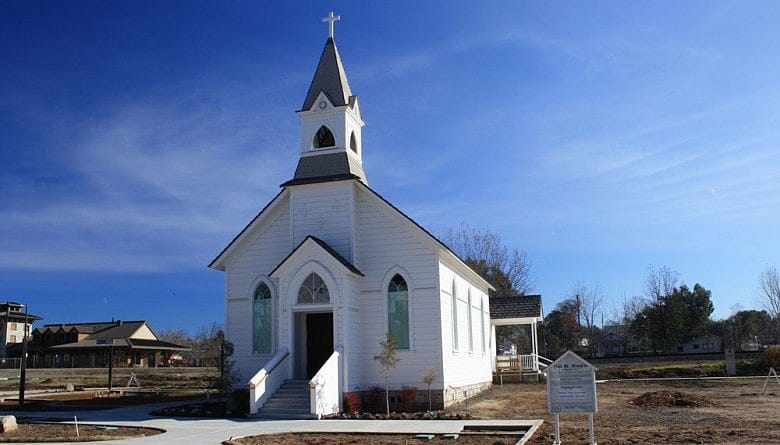Americans are fleeing the liberal Church – wait, what?

Death, taxes, and the decline of the Church in America. What could be more certain? And if you ask why the Church is struggling in America, you'll likely be fed a pretty consistent story: Young people are fleeing the church because it's perceived to be a) too involved in (probably conservative) politics, b) too conservative on social issues, or c) hostile to science. Church clashes with society's new values.
So which church is more likely to be accused of these three things? A pleasant, liberal, inoffensive church from a mainline tradition, or a staunch evangelical church which happily conflicts with the new societal norms? Surely the latter! Then why are people fleeing mainline and liberal churches?

